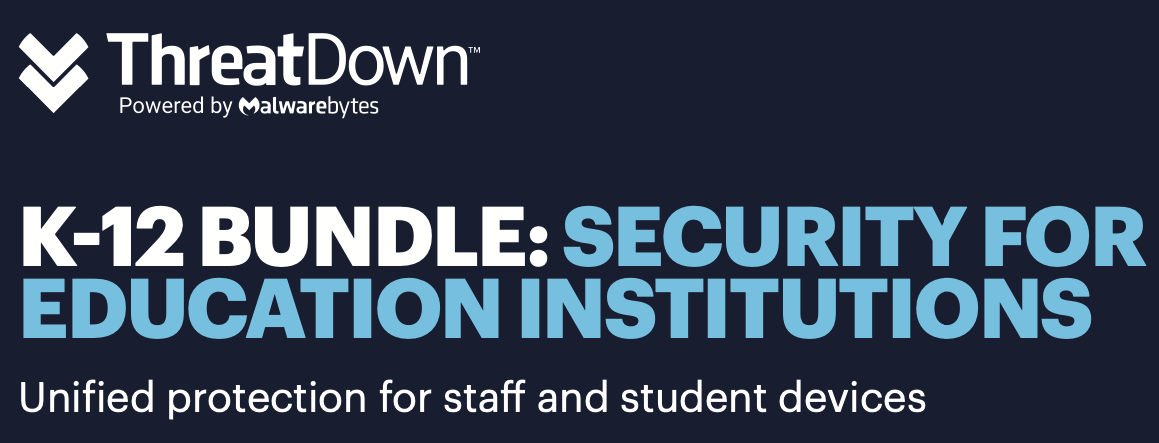
While generative AI has become central to digital transformation strategies, a new report from Google Cloud reveals most organizations aren't yet equipped to support it at scale.

Eighty-five percent of organizations today are utilizing some form of AI, according to the latest State of AI in the Cloud 2025 report from Wiz. While AI's role in innovation and disruption continues to expand, security vulnerabilities and governance challenges remain pressing concerns.

"By 2027, AI assistants and AI-enhanced workflows incorporated into data integration tools will reduce manual intervention by 60 percent and enable self-service data management," according to Gartner.

The United States Department of Commerce is proposing a new reporting requirement for AI developers and cloud providers. This proposed rule from the department's Bureau of Industry and Security (BIS) aims to enhance national security by establishing reporting requirements for the development of advanced AI models and computing clusters.

The No. 1 cybersecurity threat in the cloud has changed from a couple years ago, according to a new report from the Cloud Security Alliance (CSA), which provided handy mitigation strategies and suggested AI can help (or hurt).

Amazon Web Services is launching a $50 million fund that will give public sector organizations a chance to tap into its portfolio of cloud-based AI tools.
Organizations are vulnerable to substantial data loss and negative business impact from a ransomware attack, according to a recent Veeam Software survey.

At its Build conference this week, Microsoft announced it has inked an AI partnership with Khan Academy that will enable the education nonprofit to offer Khanmigo to teachers at no cost.

Cybersecurity software and services vendor Malwarebytes has launched a new unified solution for school districts called ThreatDown K–12 Bundle that is more cost-effective than piecemeal solutions, the company said in a news release.
Digital media management system Pixevety has made its consent-driven photo, data, and video platform and protocols available to U.S. school districts, the company said in a news release.